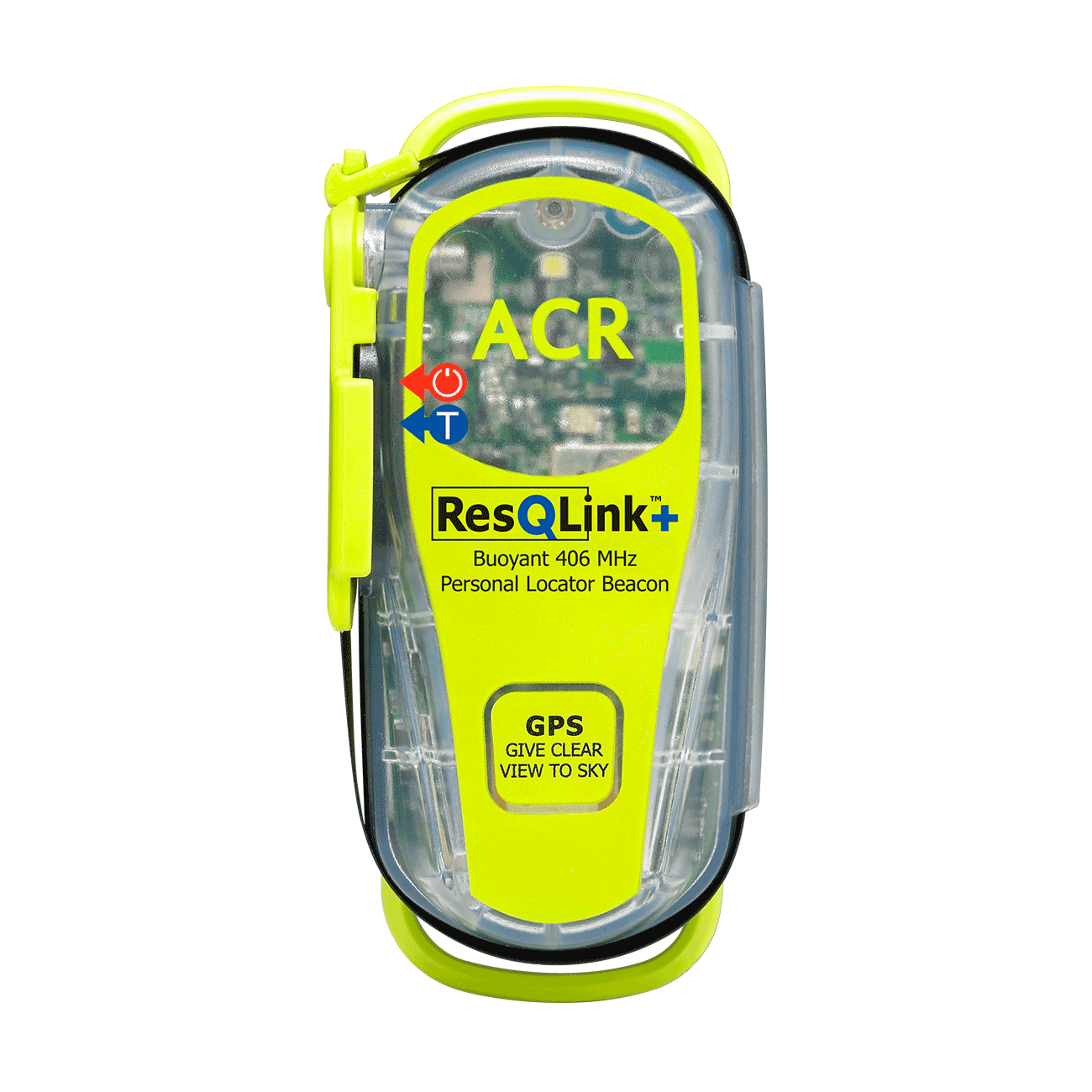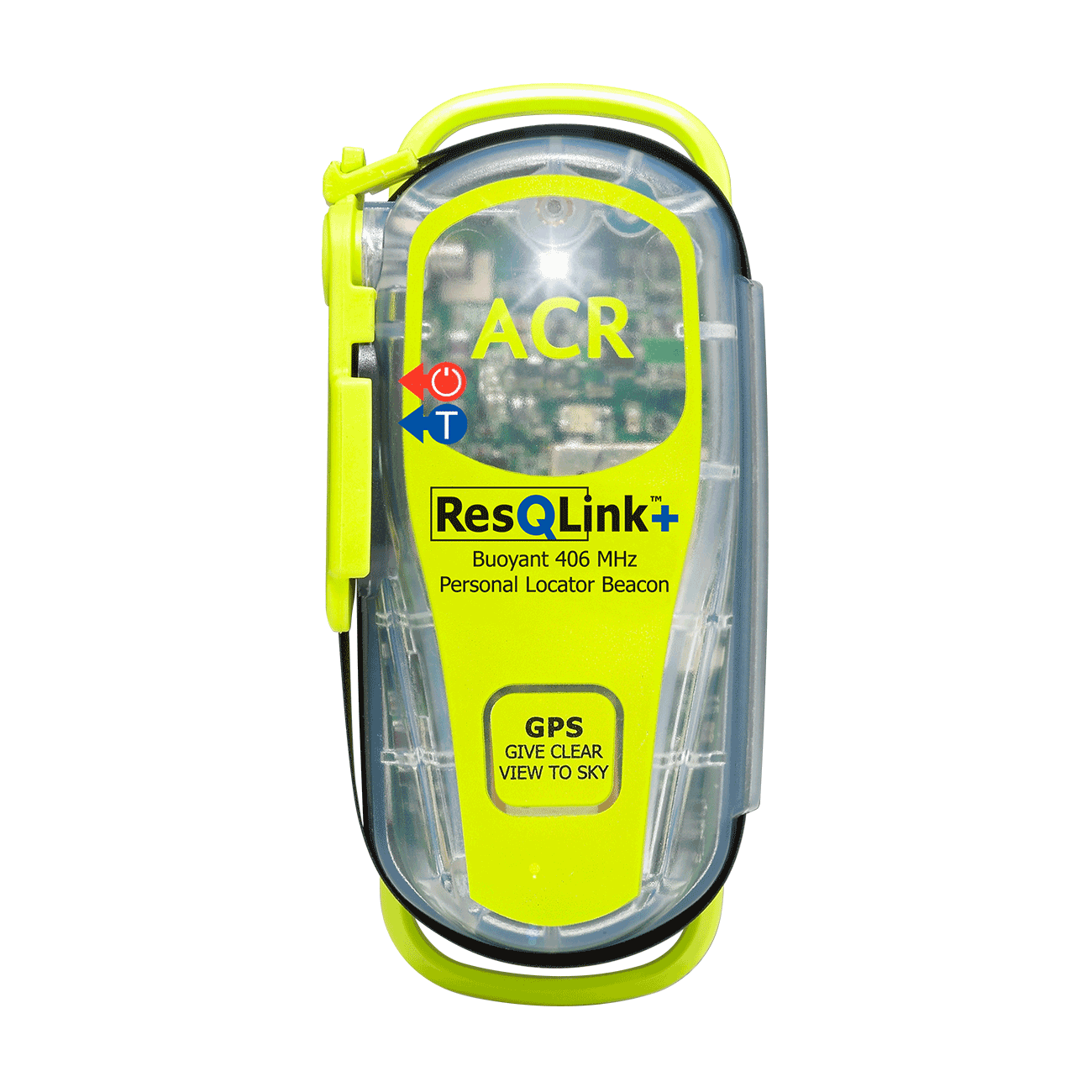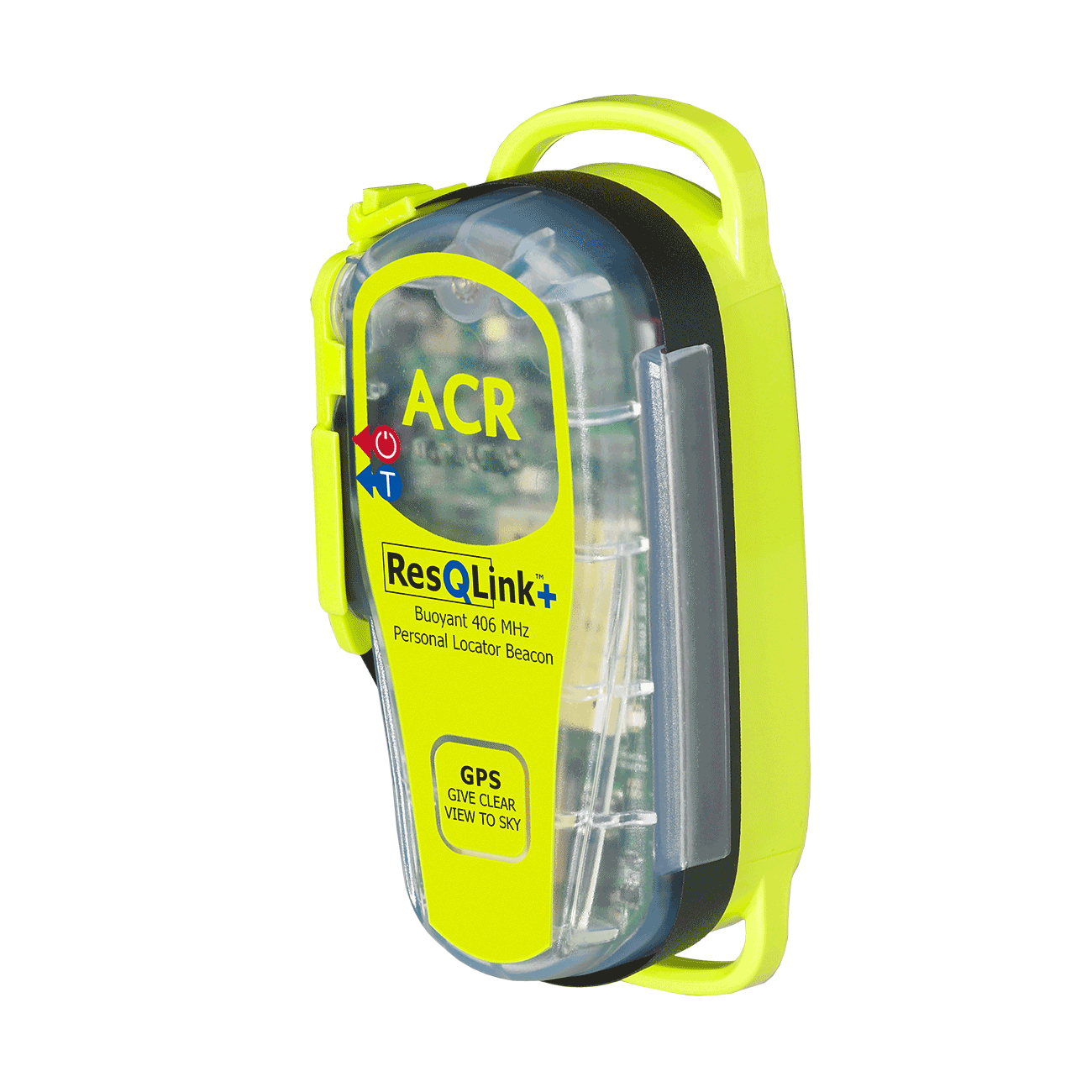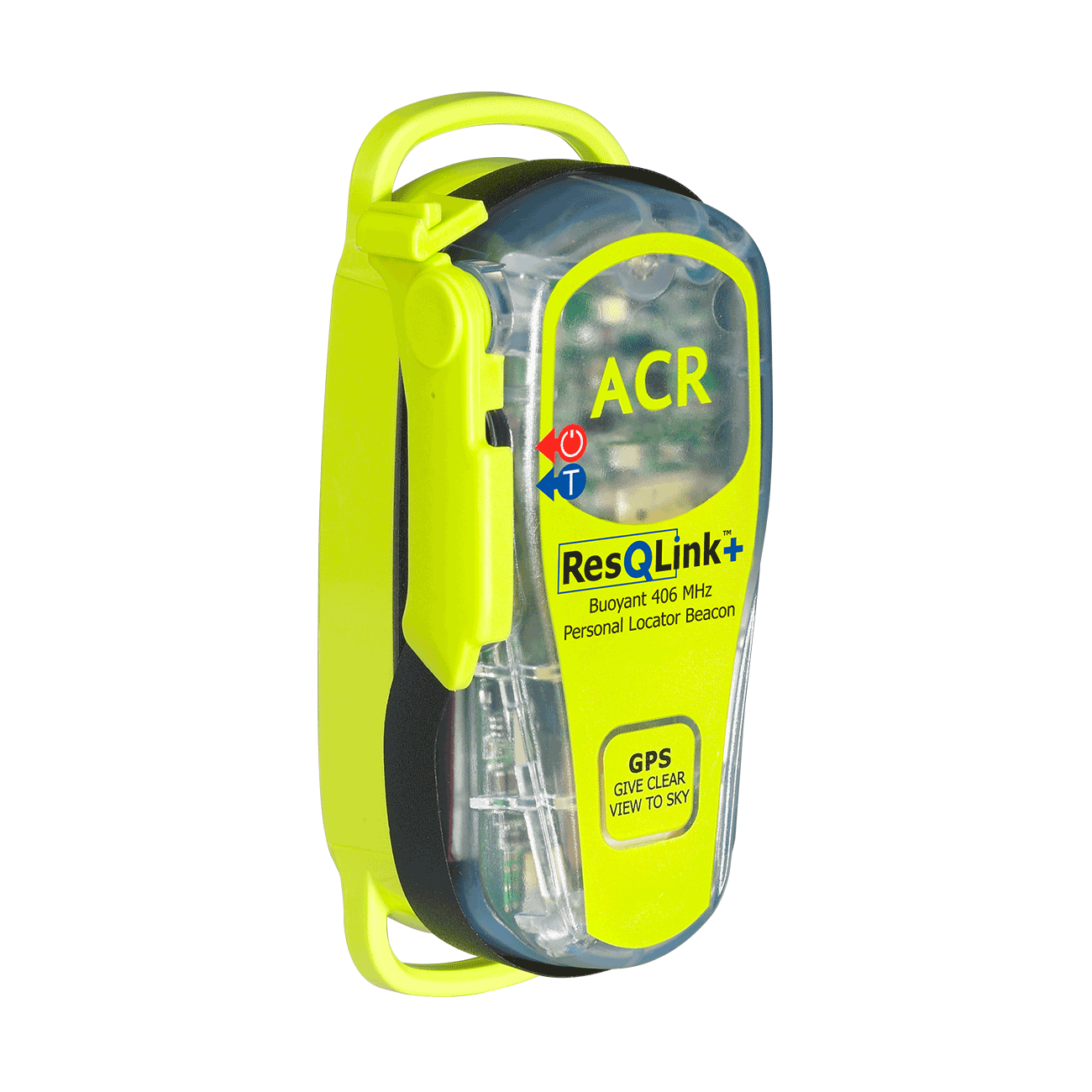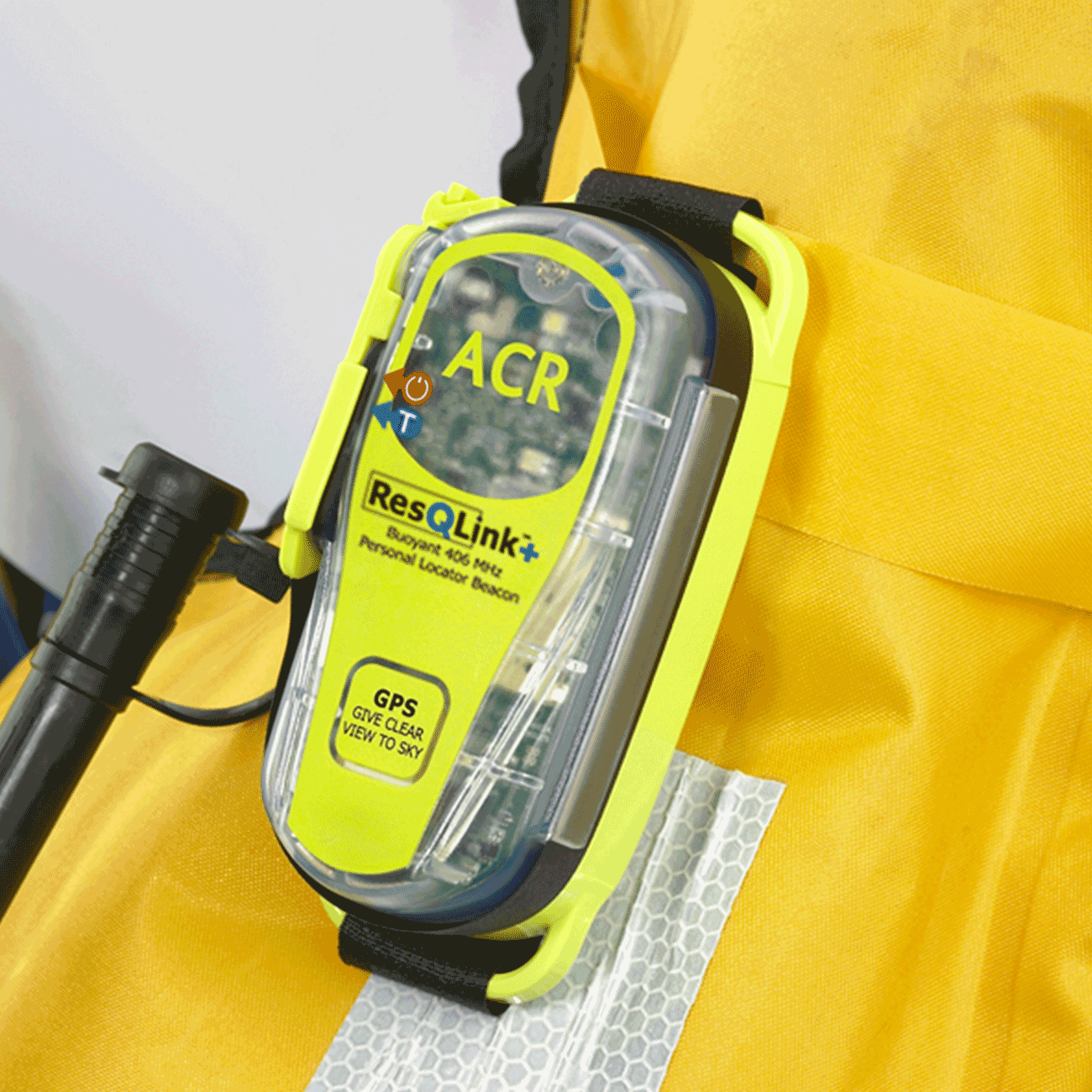Lives saved
1

River

Medical emergency

Thunder storm
Skwentna, AK 99667, USA
61.923613°N, -151.1683574°W
Posted on May 2, 2018 by Kraig
What happened?
FAIRBANKS – If they hadn’t been there, he would have died. That’s what doctors, rescuers and family members told a dozen Fairbanks paddlers who came to the aid of Kraig Hammond this week. The group, consisting mostly of Fairbanks Paddlers club members, was a couple of days into a five-day trip down the river when they first passed Kraig, 17, and his father, Rick. When the two groups first floated past each other Sunday evening, they exchanged nothing more than the usual river pleasantries. When the Fairbanks paddlers floated by the father and son’s campsite the next morning, something was wrong. “The father signaled us over and told us that his son was having a bad time of it,” said Brad Snow, a member of the Fairbanks group. Before the trip, Kraig had injured his knee but supposedly received the OK from his doctor to go.
Now, part way down the Gulkana, the knee was swollen and inflamed and Kraig was exhibiting a number of flu-like signs – signs that point to a dangerous infection. At that point, the members of the group decided they had two options. They could activate one of the rescue beacons they had brought or they could pick up the Hammonds and float down and out through the canyon. Snow said some of them advocated the immediate use of the beacons but in the end decided to wait a bit longer and re-evaluate farther downstream. The Fairbanks crew carried Kraig down to their boats and stowed the Hammonds’ gear with their own equipment, taking them downriver to a stopping point in the canyon. When they stopped, Snow said, it was clear the boy’s condition was worsening. That’s when the decision was made to activate the beacon. The group had two, a SPOT and a ACR PLB ResQLink. They set off both. That beacons belonged to Linda Winters and Ron Davis. Winters said once the beacons was activated it took several hours before they noticed any response. The Air Force Rescue Coordination Center on Joint Base Elmendorf-Richardson picked up the signal just before 6 p.m., and shortly thereafter, the Alaska Air National Guard dispatched an HH-60 Pave Hawk helicopter and an HC-130 King aircraft. When the helicopter arrived, the crew determined the terrain was too rough to land, so two medics were cabled down to assess the situation. Within minutes the seriousness of Kraig’s condition was clear. The medics placed Kraig in a Stokes litter, and he, his father and the two medics were hoisted into the helicopter and flown to a hospital in Anchorage. The crew made it to the hospital at 11:46 p.m. – seven hours after the beacon was activated. Snow said that, according to doctors, Kraig wouldn’t have survived if he had made it to the hospital one hour later. Winters said that as they made their way down the river after the evacuation, she couldn’t help but think how close they had come to disaster. Her raft was repeatedly hung up by rocks and low water as they continued. “I just kept thinking how good it was that we hit that button,” she said. “There’s just no way they would have made it out.” The entire trip down the river, their group didn’t pass a single other group, Winters said. “Kraig is a lucky boy,” Winters said. After the Fairbanks paddlers made it down the rest of the Gulkana, Winters went to visit Kraig in the hospital. While she was there, Kraig’s family couldn’t stop thanking her, but Winters said it was Kraig’s father, Rick, who she really admired. “They keep saying that we saved Kraig’s life – really, him asking for help is what saved Kraig’s life,” Winters said. “I really admire Rick as a dad for having the courage to ask for help. There are a lot of people, I think, that would think ‘I can deal with this on my own.'” On Friday, Winters was planning a second visit to the hospital, one that likely would not be her last visit with Kraig. As Winters thought back on the incident – and the fate of a boy she didn’t know a week ago – she got a bit choked up. Kraig wrestles for his high school in Anchorage, and if he’s up for it this fall, Winters said she plans to be there for his first match.
Words of wisdom
“I just kept thinking how good it was that we hit that button,” she said. “There’s just no way they would have made it out.” The entire trip down the river, their group didn’t pass a single other group, Winters said. “Kraig is a lucky boy,” Winters said.
Thank you note
Thank you ACR!
Rescue location
Skwentna, AK 99667, USA
Rescue team
Local Search and Rescue
ResQLink™+
Go to product details- Buoyant
- LED strobe light
- Self Test
- 66 Channel GPS
- Easy emergency activation
- Antenna clip
Out of stock

